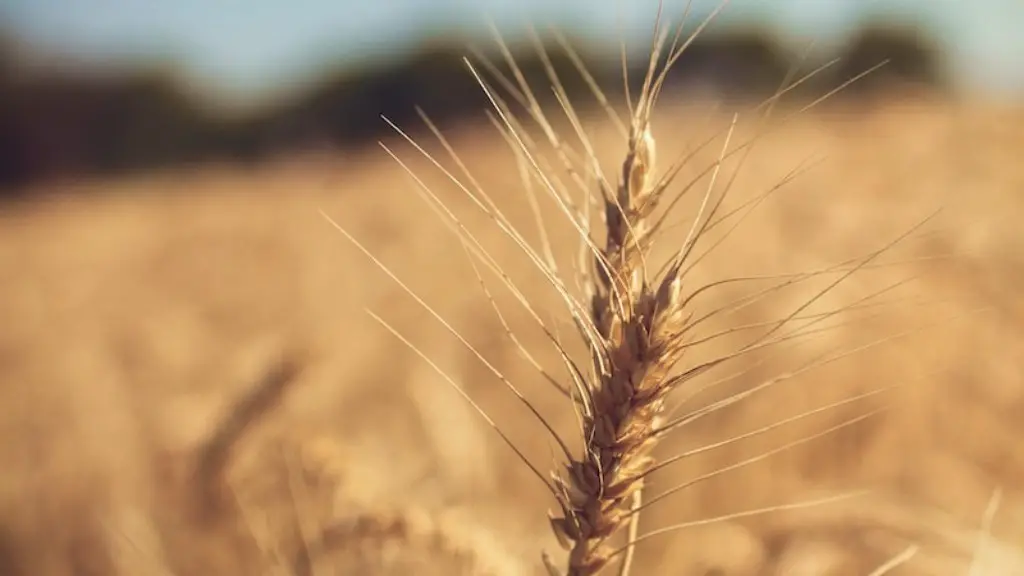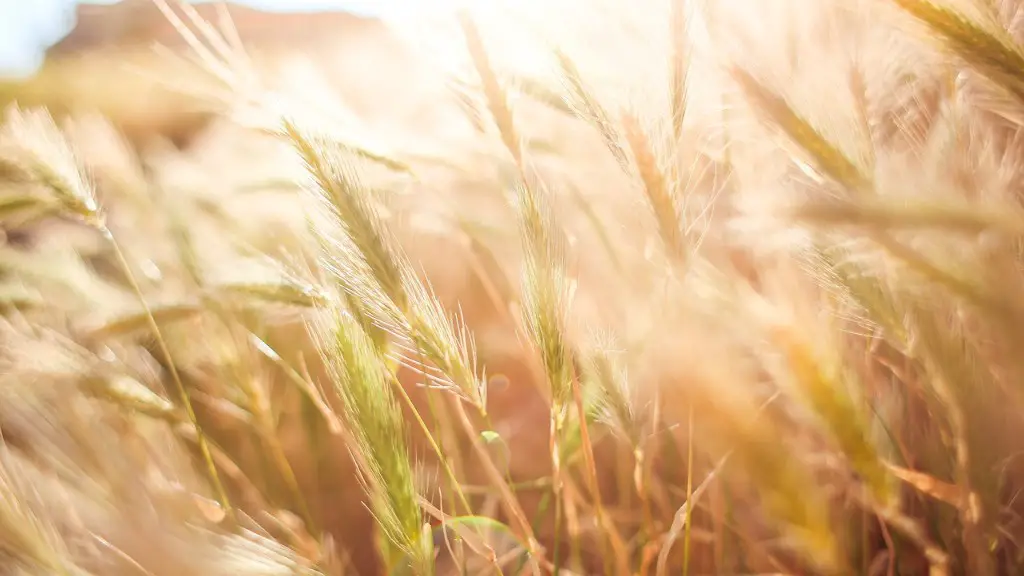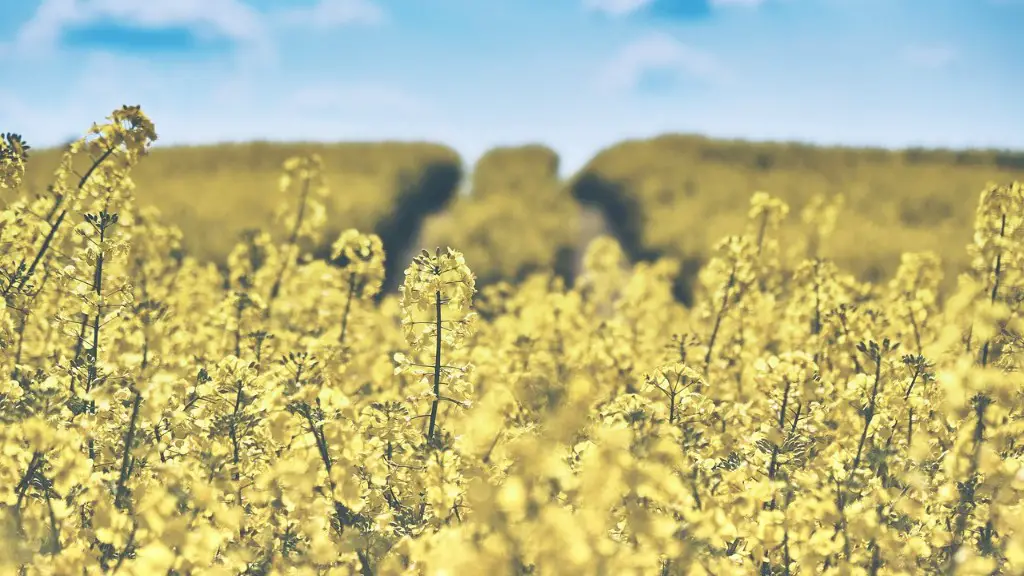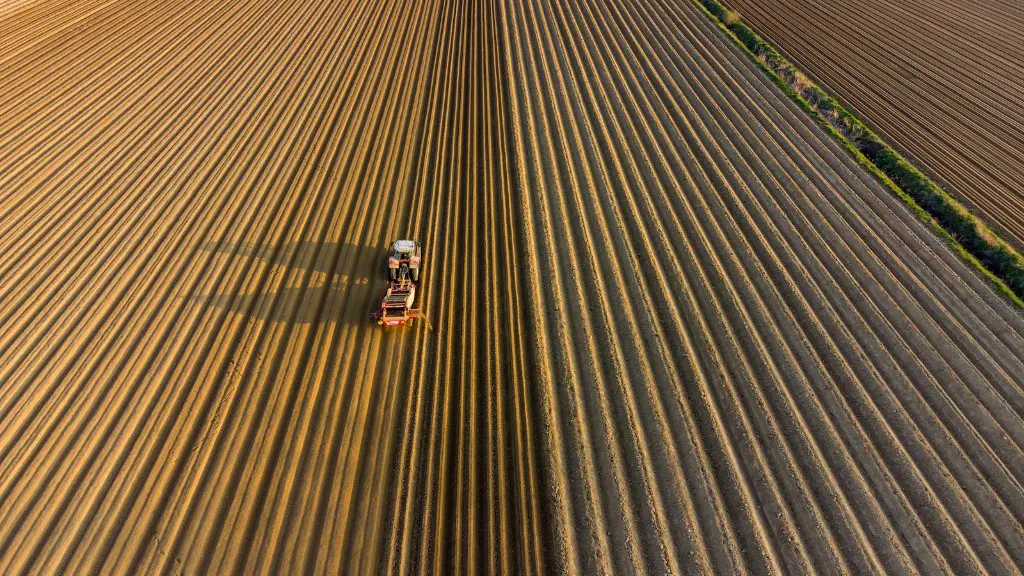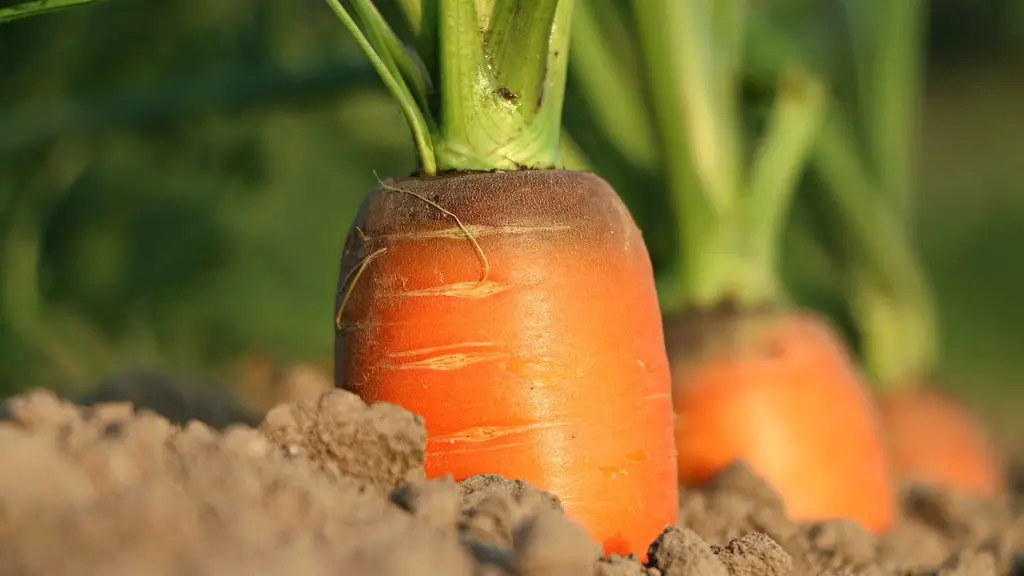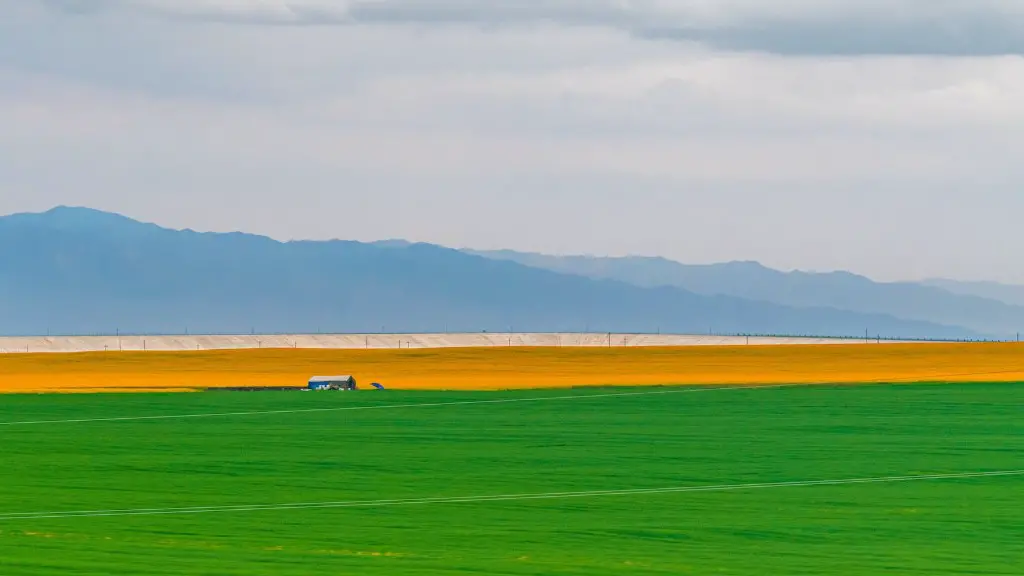The term “sustainable agriculture” has been defined in many ways, but the central idea is that it is a way of producing food that does not damage or degrade the natural environment, is socially just and economically viable. There are a number of different approaches to sustainable agriculture, but all of them share these three core principles. In recent years, there has been a growing interest in sustainable agriculture as a way to address the many challenges facing the global food system, including climate change, dwindling resources, and poverty. While some critics argue that sustainable agriculture is not possible on a large scale, there is a growing body of evidence that suggests it is not only possible, but necessary.
Yes, sustainable agriculture is possible. Sustainable agriculture is an approach to food production that is environmentally responsible, economically viable, and socially just.
Can agriculture sustainable?
Sustainable agricultural practices are intended to protect the environment, expand the Earth’s natural resource base, and maintain and improve soil fertility. Based on a multi-pronged goal, sustainable agriculture seeks to: Increase profitable farm income, Promote environmental stewardship, and Enhance quality of life for farmers and rural communities.
Sustainable agriculture is an approach to food production that is environmentally friendly, socially responsible, and economically viable.
There are many sustainable agriculture practices that farmers can adopt to improve the sustainability of their operations. These practices include rotating crops, planting cover crops and perennials, reducing or eliminating tillage, applying integrated pest management (IPM), integrating livestock and crops, adopting agroforestry practices, and managing whole systems and landscapes.
Each of these practices can help to improve the environmental sustainability, social responsibility, and economic viability of a farm. By adopting sustainable agriculture practices, farmers can help to ensure that their operations are sustainable for the long term.
Is sustainable animal agriculture possible
The National Sustainable Agriculture Coalition (NSAC) is a grassroots alliance that advocates for federal policy reform to advance the sustainability of agriculture, food systems, natural resources, and rural communities.
In 2015, NSAC released a report on the state of the U.S. meat labeling system, which found that the current system is confusing and misleading to consumers, and does not provide adequate information about the environmental and public health impacts of different production practices.
In response to this report, NSAC is working to improve meat labeling standards so that consumers can make informed choices about the meat they purchase. NSAC is also working to ensure that producers who are using sustainable practices are able to label their products as such.
NSAC’s actions on meat labeling standards are an important step in making the U.S. meat industry more sustainable. By providing consumers with clear information about the impacts of different meat production practices, NSAC is helping to create a more informed and engaged consumer base that can demand more sustainable meat products.
Pesticides, fertilizers, and other toxic farm chemicals can have a devastating impact on the environment. They can contaminate fresh water, marine ecosystems, air, and soil, and can remain in the environment for generations. Many pesticides are suspected of disrupting the hormonal systems of people and wildlife, and fertilizer run-off can impact waterways and coral reefs. These chemicals can cause serious harm to the environment, and it is important to be aware of the potential risks they pose.
What is the problem of sustainable agriculture?
The world is facing a number of challenges when it comes to natural resources. Scarcity and degradation are two of the biggest problems. As the demand for food, feed, fibre, and goods and services from agriculture increases, we are putting more pressure on the natural resources we have. This is not sustainable in the long run. We need to find ways to increase the efficiency of agriculture and reduce the impact on the environment.
There is a growing body of evidence that certain land management practices are contributing to climate change. In particular, the way we use and manage land – including forestry, agriculture and urban development – is a major source of greenhouse gas (GHG) emissions.
These practices have also led to loss of natural ecosystems, declining diversity and increasing net GHG emissions. There are also problems with soil formation and erosion which limits the ability of soil to hold moisture and provide nutrients.
This is a major concern because land is a vital resource for human livelihoods and food security. We need to find ways to use and manage land that are sustainable and do not contribute to climate change.
What are the disadvantages of sustainable farming?
Although sustainable farming has many benefits, there are also some significant disadvantages. One of the main disadvantages is that it is very labor intensive. This means that it requires more man power to maintain and harvest the crops, which in turn raises the cost of production. Additionally, sustainable agriculture often results in shorter shelf lives for products due to the lack of chemical preservatives. This can be a major drawback for farmers who are trying to sell their products on a larger scale. Finally, one of the most significant disadvantages is that it can take a very long time to revive the fertility of the soil. This is due to the lack of synthetic fertilizers that are used in traditional farming.
Organic agriculture is a sustainable farming method that seeks to enhance the natural ecosystem of the farm. It does this by using biological fertilizers, pest control, and naturally occurring pesticides. This method can help optimize the energy and nutrient cycles on the farm, making it more environmentally friendly.
Is sustainable agriculture more expensive
There are a number of reasons why the costs of production are generally higher on small farms than on large farm operations. Small farms must pass these costs along to the consumer, but there is a limit to what consumers will pay. In some cases, small farms may be able to produce a product more cheaply than large farms, but they may not have the same economies of scale.
Sustainable agriculture is an important way to help preserve the earth’s natural resources. By using sustainable practices, farmers can help maintain soil quality, reduce erosion, and preserve water. These practices can have a positive impact on the environment and the society as a whole.
How profitable is sustainable agriculture?
The study found that the farms with regenerative practices were 78% more profitable than conventional plots. This increase in profitability was the result of two main factors: input costs and end markets.
Regenerative farms have lower input costs because they use fewer synthetic inputs and rely more on on-farm resources. They also have higher end market prices because regenerative products are in higher demand due to their environmental and health benefits.
The term “sustainable agriculture” was first coined in the 1980s by scientist and author Wes Jackson. Since then, the concept of sustainable agriculture has been widely adopted by farmers, ranchers, and other food producers around the world.
The main goals of sustainable agriculture are to protect and restore the natural environment, to produce healthy food for consumers, and to ensure economic viability for farmers and other food producers. To achieve these goals, sustainable farmers use a variety of production practices that minimize the impact of agriculture on the environment and consumers.
sustainable agriculture is a type of farming that applies traditional knowledge and innovative technology to produce food while protecting the natural environment. sustainable agriculture integrates three goals: environmental health, economic profitability, and social equity.
What are the three biggest challenges to sustainable farming
As someone who is interested in agricultural sustainability, the main thing that I worry about is the loss of arable land and usable water. If we can’t grow crops and raise animals, then it will be very difficult to maintain a sustainable agricultural system. I also worry about outdated cultivation methods and the depletion of natural resources. If we continue to use up resources without replenishing them, it will eventually catch up to us and have a negative impact on agriculture. Finally, the rise in environmental problems is also a major threat to agricultural sustainability. If we don’t do something to stop climate change and other environmental damage, it will eventually make it too difficult to grow crops and raise animals.
Sustainable farming is an environmentally friendly way to produce food. It relies on natural cycles, such as the nitrogen cycle, to ensure plant health and crop performance. Sustainable farming forgoes the use of synthetic pesticides, herbicides, and fertilizers. This type of farming is beneficial for the environment and the food produced is healthy and nutritious.
What is the greatest threat to agricultural sustainability?
Climate change is one of the most significant threats to agricultural sustainability. The increased frequency and intensity of extreme weather events is expected to lead to lower crop yields, reduced soil fertility, and more pests and diseases. Agricultural production is expected to decline by up to 50% by 2050 as a result of climate change.
There are many challenges facing Canadian agriculture, including the preservation of a viable rural community, the safeguarding of our land, water, and species diversity, and the maintenance of the competitive strength of Canadian agriculture on world markets.
Final Words
Yes, sustainable agriculture is possible. It is an approach to food production that is environmentally friendly, socially responsible, and economically viable.
While sustainable agriculture is certainly possible, it is admittedly difficult to achieve on a large scale. There are many factors to consider, such as crop rotation, soil fertility, water use, and pest management. With careful planning and execution, however, sustainable agriculture is a realistic goal.
